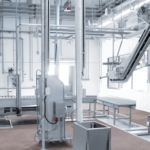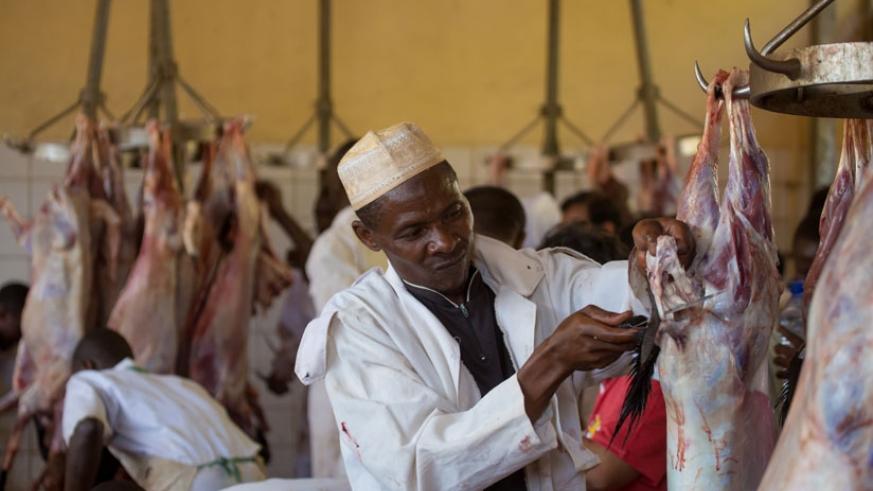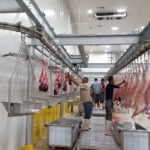
With advancements in automation, data management, and equipment, technology plays a pivotal role in enhancing efficiency, food safety, and animal welfare in abattoir design and processes.
This is an opinion piece or news article written by our staff.

To ensure the highest standards of halal integrity, the establishment of a dedicated halal abattoir is crucial. These specialised facilities are designed to meet specific requirements and follow meticulous processes to guarantee the halal status of the meat. In this article, we will explore the essential requirements and processes involved in operating a halal abattoir.
A halal abattoir must adhere to Islamic principles to ensure the production of halal meat. This involves the following key considerations:
The design and equipment of a halal abattoir should facilitate the efficient and hygienic processing of halal meat. Here are some key considerations:
Maintaining impeccable hygiene and sanitation practices is crucial for the production of halal meat. The abattoir should implement the following measures:
A halal abattoir should prioritise traceability and quality assurance throughout the entire process:
Establishing a halal abattoir involves meeting specific requirements, adhering to Islamic principles, and following meticulous processes. By implementing proper design, equipment, hygiene practices, and quality assurance measures, halal abattoirs ensure the production of halal meat that meets the highest standards of integrity. These facilities play a crucial role in providing halal options to consumers who seek to uphold their religious dietary obligations.
Our service is fully comprehensive, and offers great value for money. Our client centric approach takes all unique requirements into consideration, while providing the most optimised solution in terms of work flows, efficiencies, and compliances. Our process design extends from the animal entering the facility, right until the product is dispatched for retail.

With advancements in automation, data management, and equipment, technology plays a pivotal role in enhancing efficiency, food safety, and animal welfare in abattoir design and processes.

Abattoirs play a critical role in this journey, serving as the gateway where livestock are transformed into meat products.

When it comes to abattoir operations, there are different models to consider, including small-scale and large-scale facilities.

Compliance with these regulations is essential to protect public health, maintain industry reputation, and adhere to legal requirements.